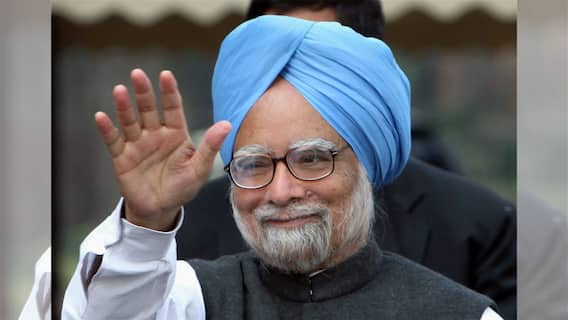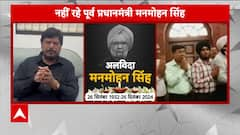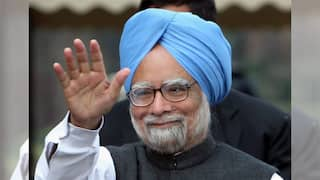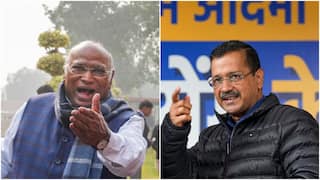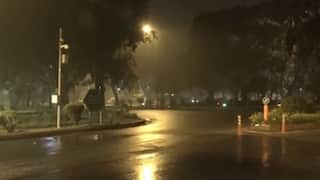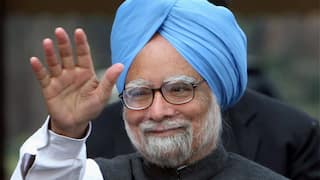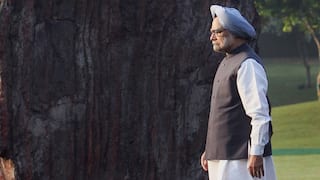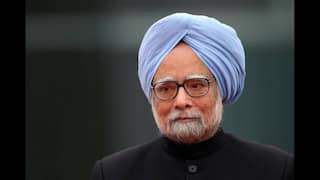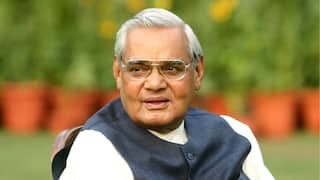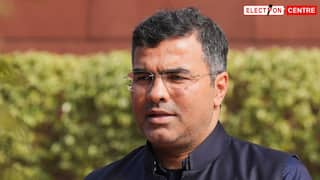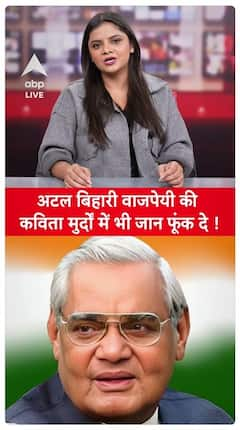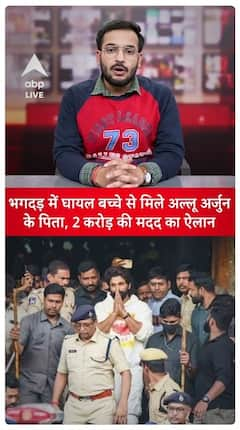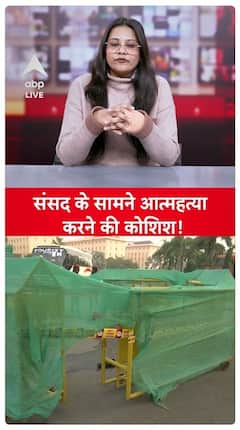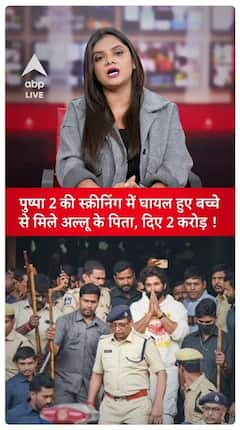Pakistan To Bangladesh: Elections World Will Watch In 2023
The year 2023 has several elections lined up. Some of them will be keenly watched. Here is a list.

2023 Elections: From the US Midterms and Brazilian general elections to parliamentary polls in Australia and Israel, the year 2022 saw several countries going to polls and millions of people voting to elect new leaders. France saw Emmanuel Macron becoming the first president in two decades to win a reelection, while South Korea elected conservative candidate Yoon Suk-Yoel as its new leader. In Hungary, Viktor Orbán managed to stay on as the prime minister, while Kenya had William Ruto winning the presidential race. Israel brought back former PM Benjamin Netanyahu after going to the elections for the fifth time in less than four years, and Colombia elected former guerilla fighter Gustavo Petro as their first Leftist president.
In Australia, Anthony Albanese and his Labour Party ended nine years of Liberal Party rule. Brazil's Luiz Inacio Lula da Silva defeated President Jair Bolsonaro in a bitterly contested run-off election, and the US midterm elections saw the Republicans regain control of the House of Representatives and Democrats retaining that of the Senate.
The year 2023 also has several elections lined up. Some of them will be keenly watched. Here is a list.
Pakistan
Pakistan witnessed deep political turmoil in the year 2022 with the change of regime and massive protests by the supporters of different political parties. Former Cricketer Imran Khan led the Pakistan Tehreek-e-Insaf (PTI) to victory in the last general elections held in 2018 and became the Prime Minister of Pakistan.
His government fall short of a majority and lost a no-confidence motion in April 2022 after Pakistan faced a severe economic crisis, devaluation of the currency, massive external debt, and high inflation among other issues. Imran Khan was ousted in a dramatic turn of events when the Opposition called for a floor test for the government after which Khan dissolved the General Assembly.
However, the Supreme Court ruled against his decision and allowed the Parliament to conduct a no-trust vote leading to his fall.
But Imran Khan did not go quietly and launched an attacking campaign against the newly formed Shehbaz Sharif-led government. He led his followers in a series of protests. Interestingly, in October this year, Imran Khan won six out of eight seats where bypolls were held.
He also accused the incumbent Pakistan government and military of trying to kill him in November this year when Khan was left wounded in a failed assassination attempt.
The winning party will have a huge responsibility of taking care of Pakistan’s falling economy and increasing political crisis.
Turkey
President Recep Tayyip Erdogan's two-decade reign over Turkish politics will face its toughest test in Turkey’s 2023 general elections, which will elect a new president as well as members of the Grand National Assembly.
Turkey witnessed quite a twist-and-turn in its political structure after Erdogan became the Prime Minister in 2003. He held the position till 2014 and then ran for President, a post considered merely ceremonial in the country’s political system. However, he restructured the country into a Presidential Rule system and was reelected to a more powerful presidency in 2018.
Opposition coalition including The Millet (Nation) Alliance, Labor and Freedom Alliance-led by the People’s Democratic Party are preparing to unseat the long rule of Erdogan after the country’s economy stumbled badly and unemployment hit the country heavily. Experts say that Recep Erdogan has made it harder for opponents to challenge his rule and this may result in an unexpected outcome in the elections next year.
Bangladesh
Bangladesh, one of India's most friendly neighbours, is headed for elections in 2023. The country's election system works a little differently than others. In its general elections, voters elect three hundred members of its unicameral national parliament. These members then vote to elect fifty women members of the parliament. This is to ensure that women have adequate representation in parliament.
The entire parliament then elects a Prime Minister to govern the country, and a president, who serves mainly as a ceremonial figure. Bangladesh effectively operates as a two-party system. One is the governing Grand Alliance, a coalition of left-leaning political parties led by the Awami League and the other is the Bangladesh Nationalist Party (BNP).
Previous general elections in Bangladesh were marred by corruption and violence and there is a large possibility of the same for the upcoming elections. Recently, over 500 BNP supporters were arrested for rallying in the capital city of Dhaka demanding the resignation of Prime Minister Sheikh Hasina Wazed. The demand came amid surging inflation and what they see as the politically-motivated conviction of the BNP’s leader, Khaleda Zia, on corruption charges.
Hasina has been prime minister since 2009 and has earlier rejected calls to hand power over to a caretaker government to monitor new elections.
Myanmar
The February 1, 2021 military coup in Myanmar made headlines across the globe last year with leaders urging the military to refrain from violence. Several incidents, particularly the genocide of Rohingya Muslims, have hit the country's socio-economic development in an unprecedented manner.
Myanmar military put pro-democracy leader Aung San Suu Kyi in detention after the coup and rejected to recognise her party’s landslide victory in the country’s first openly contested elections in 25 years. Despite her victory in 2015, the Myanmar constitution forbade her from becoming president because she has children who are foreign nationals.
The military chief Min Aung Hlaing earlier announced to hold the general elections in August 2023. According to a report, he said, “Depending on state stability and peace, we are making our utmost effort to hold a multiparty general election in August 2023.”
The Junta troops are accused of killing over thousands of civilians and arresting over 10000 others. Countries have been urging the present head of state to release the political prisoners and hold the elections as soon as possible.
Cuba
Cuba, which is presently being ruled by President Miguel Díaz-Canel, will go to polls in 2023 to elect a new national assembly. Former Cuban President Raúl Castro had nominated Canel as Vice-President in 2012 hinting towards the former’s future prospects.
Diaz Canel was also named the first secretary of the Cuban Communist Party (PCC) last year, the most powerful role on the island. He is the first person without the name Castro to run Cuba since the 1959 revolution.
Following the new constitutional amendment, Diaz-Canel was elected the country's president in 2018. The new constitutional amendment paved the way for the country to elect its first president in 43 years.
Trending News
Top Headlines





